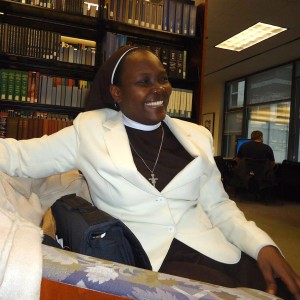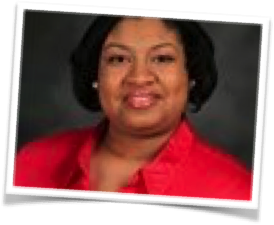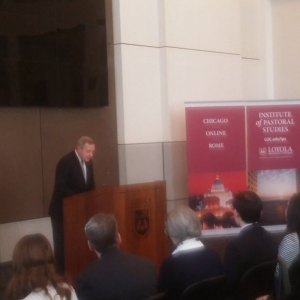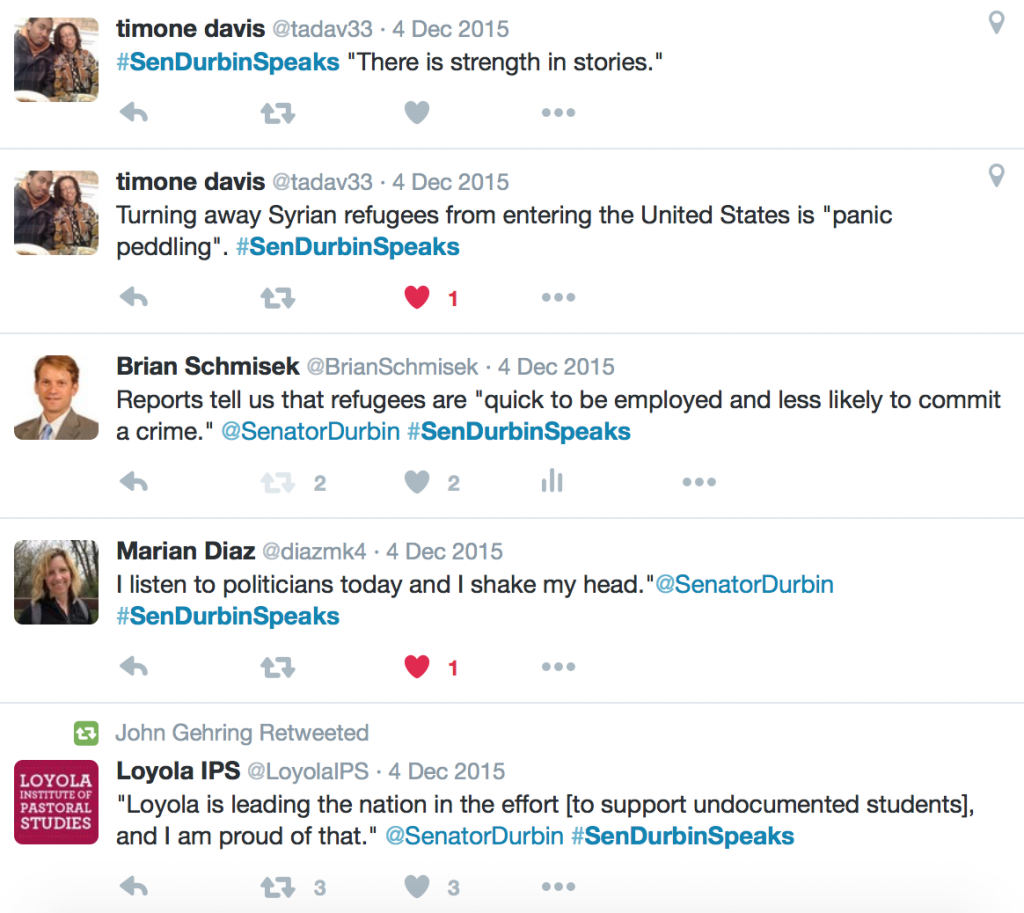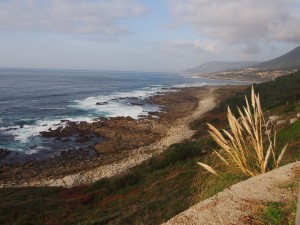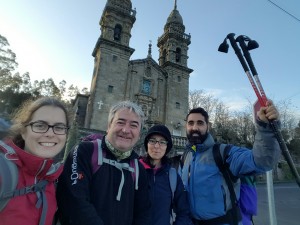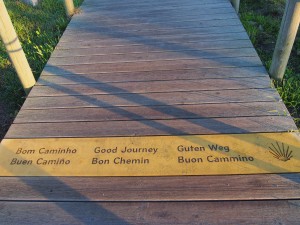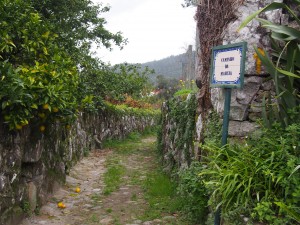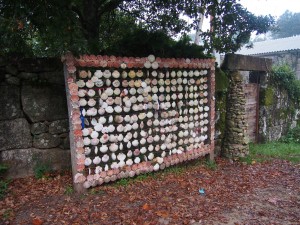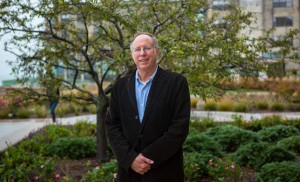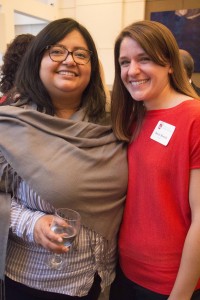IPS students are uniting to create change for a health issue that is affecting millions of families and children across the country and they are asking you to support the mission too. Among them is Emily Benfer (IPS social justice certificate student, clinical professor of law, and the director of the Health Justice Project) who wrote a piece about this issue that was recently published in the New York Times. In addition, there is Alicia Crosby (MASJ ’16) who recently drafted an email, making the points below.
Children across the country are developing lead poisoning and suffering from the devastating and permanent harm it causes. Over 1.6 million families with children in federally assisted housing across America are at risk of exposure to lead hazards because outdated federal policies, in place since the 1990’s, fail to protect them. It’s clear that we must call this crisis what it is – a lead epidemic. The lead present in these homes, as well as in pipes and soil, creates environments in which Black children are nearly 3x more likely than their white peers to have elevated blood lead levels. The crises we see in Flint, Michigan as well as those emerging in New Jersey, Pennsylvania, and other locales are just the tip of the iceberg. Join the Health Justice Project at Loyola University Chicago and the Sargent Shriver National Center on Poverty Law as they work to elevate public awareness and mobilize communities to take action to alleviate this epidemic’s irreversible effects.

You can help end the lead epidemic and protect our children’s futures. There are a number of ways you can connect to this movement for change.
Inform yourself and others on the root causes of and solutions to the lead epidemic by reading and sharing these articles:
- http://bit.ly/1ZwWM4q
- nyti.ms/1TipCFK (written by Emily Benfer)
- trib.in/1O4Zje1
- trib.in/1QlbIzc
Sign the petitions! The Health Justice Project is working with ColorofChange.org and Groundswell to raise public consciousness about this and encourage civic engagement.
Contact your Congresspeople and remind them of their duty to protect children from harm and to end the lead epidemic! Millions of children have endured irreparable brain damage as a result of lead poisoning. We need to say to Congress “No more; not one more child!” The Lead-Safe Housing for Kids Act of 2016 (HR4694/S2631) will make critical changes to federal policy and better prevent lead poisoning. Encourage your elected officials to join Sen. Durbin (D-IL), Sen. Menendez (D-NJ), Rep. Quigley (D-IL), Rep. Ellison (D-MN), and the growing number of Congressional leaders who support the end of the lead epidemic.
Get your community involved! Your organization or congregation can endorse the effort to end lead poisoning in federally assisted housing. Join the Health Justice Project and the 30+ groups who have committed to supporting the push for lead safe housing.
Join in for digital action during key points in the campaign! Email healthjustice@luc.edu if you want to participate in social media storms making policymakers as well as civic and faith leaders aware of the need for lead safe housing and other measures to address this lead crisis affecting so many. Feel free to join in at any time or to tweet at/tag people when using the following hashtags: #LeadEpidemic #PoisonInOurWalls #LeadSafeHousing.
Get updates via social media! This movement can be followed on Twitter (@LeadSafeHousing & @e_catalyst) and at this Facebook page.
By drawing attention to this issue, the Health Justice Project hopes to inspire people to pursue justice within their own communities so that our most vulnerable, our children, can live healthy lives and reach their fullest potentials. No family should have to choose between having a home or protecting a child’s health.
***Join the conversation by following @BrianSchmisek on Twitter and @LoyolaIPS on Instagram! Also, network with the Loyola Chicago IPS community on LinkedIn.
